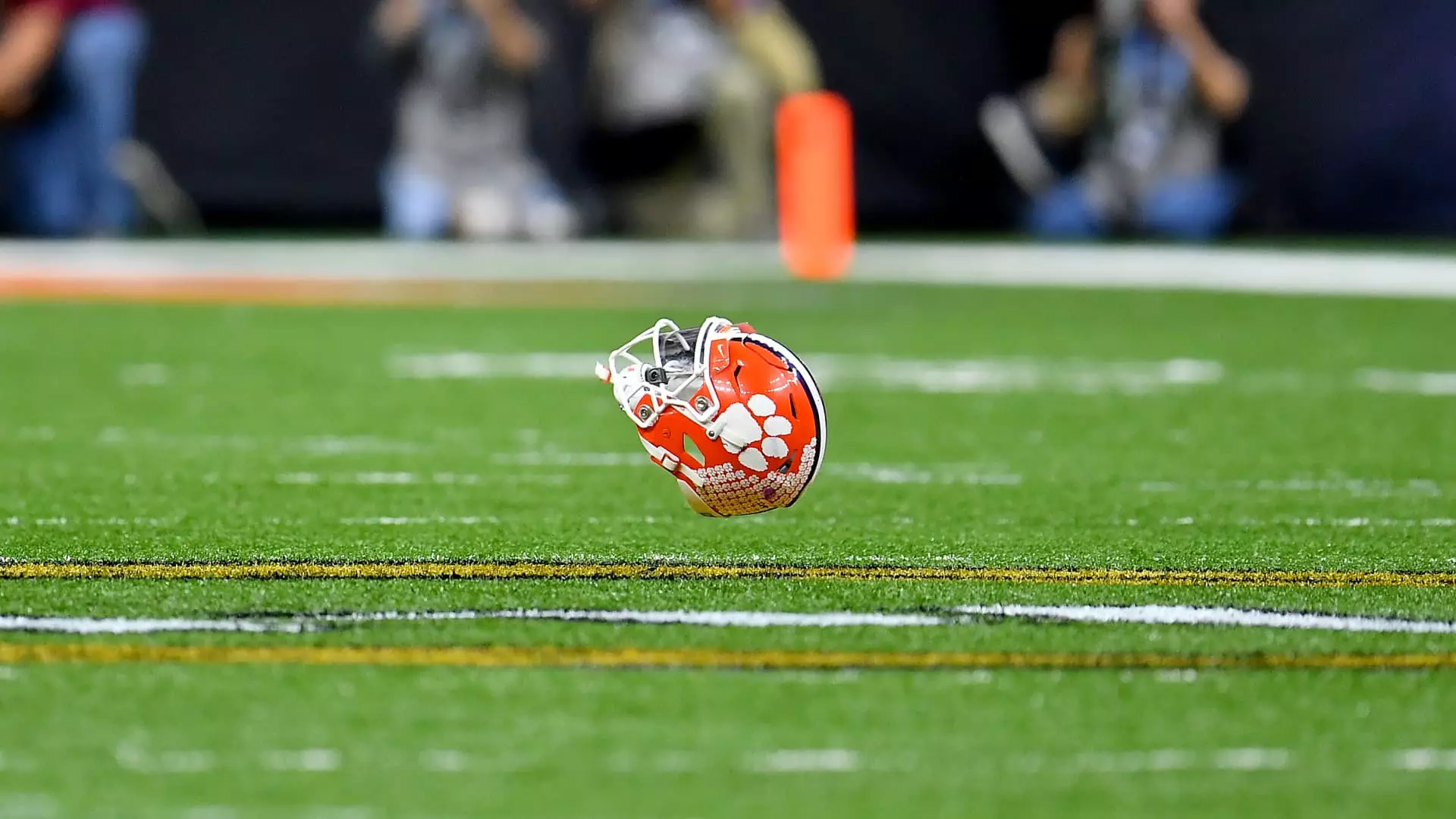In a significant development that has caught the attention of sports and entertainment enthusiasts, DirecTV and Disney have successfully negotiated a new agreement that restores several key Disney channels, including ESPN, to DirecTV subscribers after a two-week blackout. This resolution arrives just in time for college football season and the much-anticipated Emmy Awards. Initially, the dispute began on September 1 when both parties failed to find common ground on fees, leading to a blackout that left over 11 million DirecTV customers in the lurch during major sports events, including the U.S. Open and the opening game of “Monday Night Football.”
The newly established terms have been categorized as “market-based,” which serves to reflect the contemporary value of content delivery in today’s shifting landscape. DirecTV now has the flexibility to offer specialized bundles that cater to varying interests like sports, children’s programming, and entertainment, aligning with the changing preferences of consumers who are increasingly gravitating towards tailored viewing experiences.
Moreover, the agreement goes beyond traditional television. It allows DirecTV to integrate Disney’s streaming platforms—Disney+, Hulu, and ESPN+—into its service offerings, both as package deals and individually, providing customers with a richer array of options. Notably, the future flagship streaming service from ESPN, anticipated to be unveiled in the fall of 2025, will also be included at no extra charge for subscribers—a win-win situation that enhances the value of a DirecTV subscription.
In a joint statement, the two entities heralded this agreement as a groundbreaking collaboration designed to enhance consumer choice and satisfaction. They emphasized that this deal equips customers with a tailored video experience, addressing the growing demand for flexibility in content consumption. However, the recently concluded blackout highlighted the irreplaceable nature of live sports programming and its impact not just on viewers but also on business owners who rely on such content for revenue.
Despite this positive outcome, it’s crucial to note that tensions existed throughout the blackout. Both companies exchanged accusations regarding the negotiation process. DirecTV labeled Disney’s pricing frameworks as anti-consumer, while Disney officials critiqued DirecTV’s responses to their propositions as unrealistic. This unfortunate situation resulted in missed opportunities for both firms and their clientele, many of whom were frustrated by the disruption during critical events. ESPN Chairman Jimmy Pitaro openly expressed regrets over the blackout, acknowledging its detriment to everyone involved.
From a business standpoint, the implications of this agreement are substantial. The loss of subscribers — a number that DirecTV executives suggested was noticeable — is particularly concerning in an age when the pay-TV model is already facing pressure from the ascendance of streaming services. DirecTV attempted to mitigate some of the losses by offering a $30 credit to affected customers, a move underscoring how the company sought to maintain its customer base during negotiations.
Furthermore, smaller businesses that depend on DirecTV services, especially bars and restaurants that cater to sports fans, also felt the impact. Although the blackout did not affect DirecTV’s “Sunday Ticket” package—a crucial offering for the NFL—many establishments were still deprived of significant content.
Beyond the immediate implications of the DirecTV-Disney deal, this situation plays into a larger narrative concerning media regulations and antitrust issues, which are being closely monitored. Earlier legal challenges have shown how competitive dynamics in the media marketplace are increasingly scrutinized. Notably, a joint venture involving Warner Bros. Discovery, Fox Corp., and Disney faced temporary setbacks due to antitrust concerns, illustrating how sensitive this landscape has become.
Moreover, DirecTV has reportedly lodged a complaint with the Federal Communications Commission (FCC), asserting that Disney did not engage in good faith negotiations. The energy surrounding antitrust laws and media home distribution rights is bound to influence future contracts, including those like this recent agreement.
As the traditional pay-TV structure continues to be challenged by evolving consumer preferences, the deal between DirecTV and Disney signals a probable shift in how content delivery alliances will be structured going forward. With a bevy of sports and entertainment content back in the hands of customers, both companies will be watching closely as they navigate this new landscape, one where flexibility and consumer choice reign supreme. This agreement could serve as a template for similar future negotiations in the rapidly transforming media ecosystem, ultimately aiming to enhance the viewer experience in an increasingly digital age.

